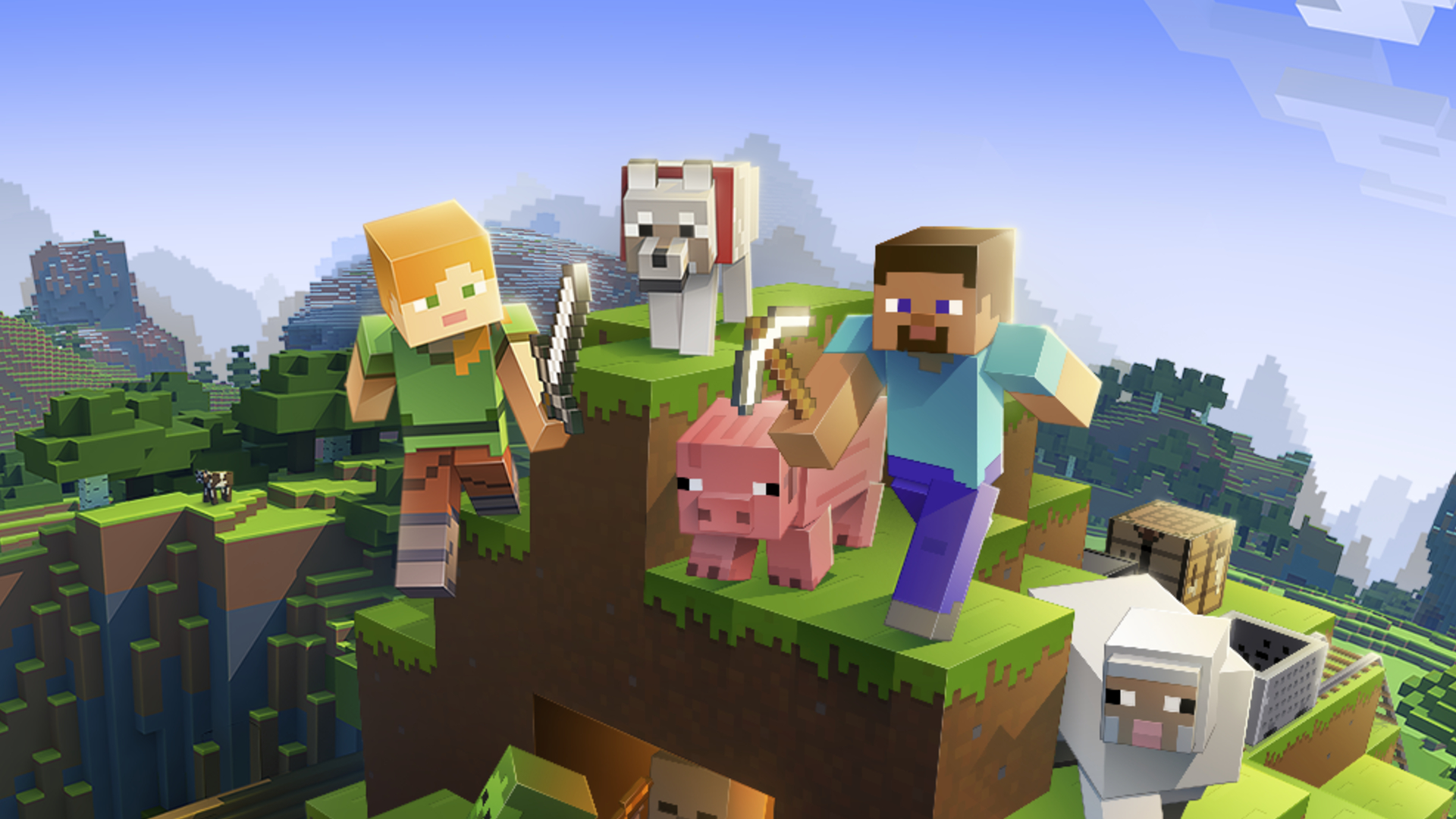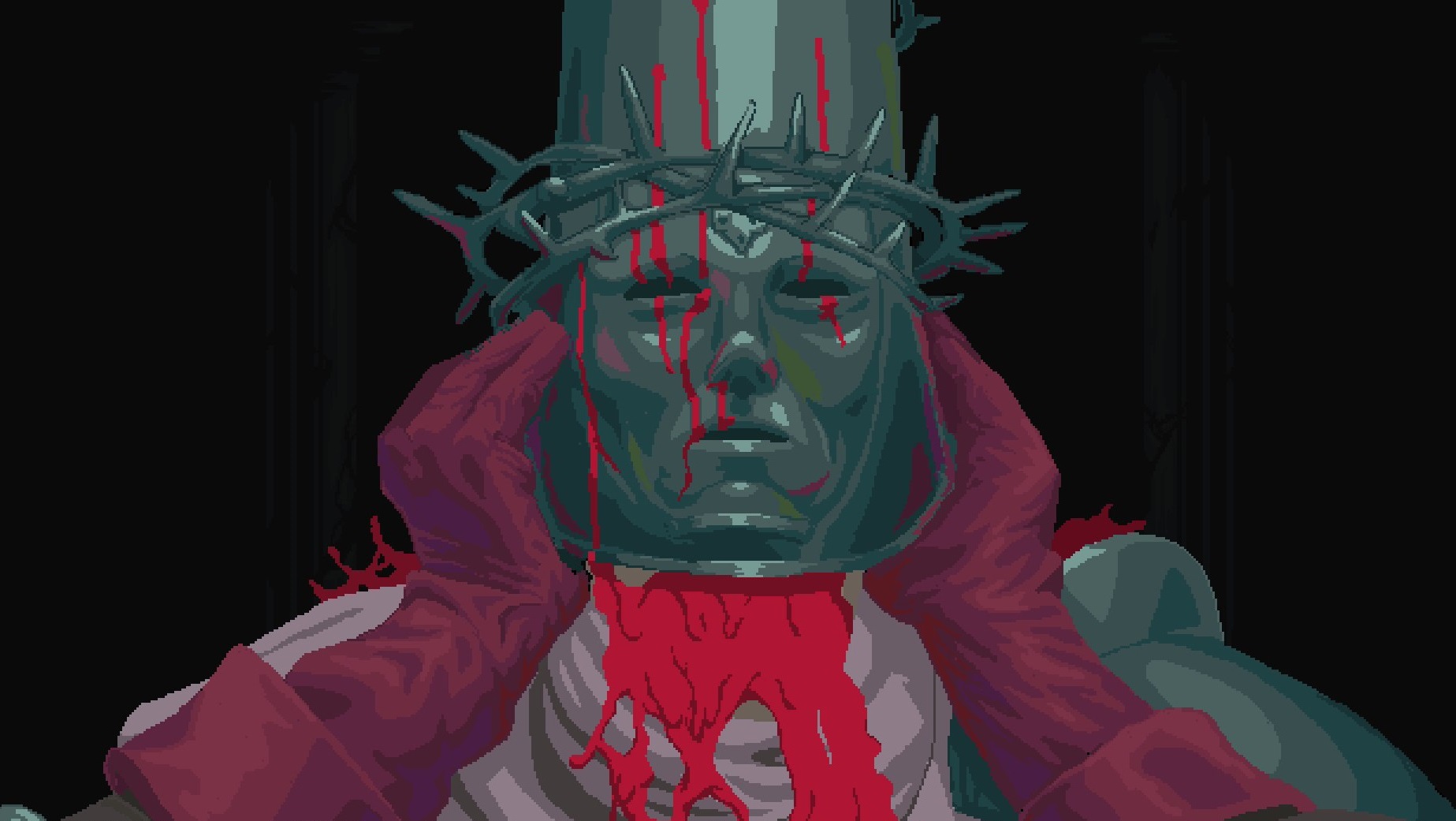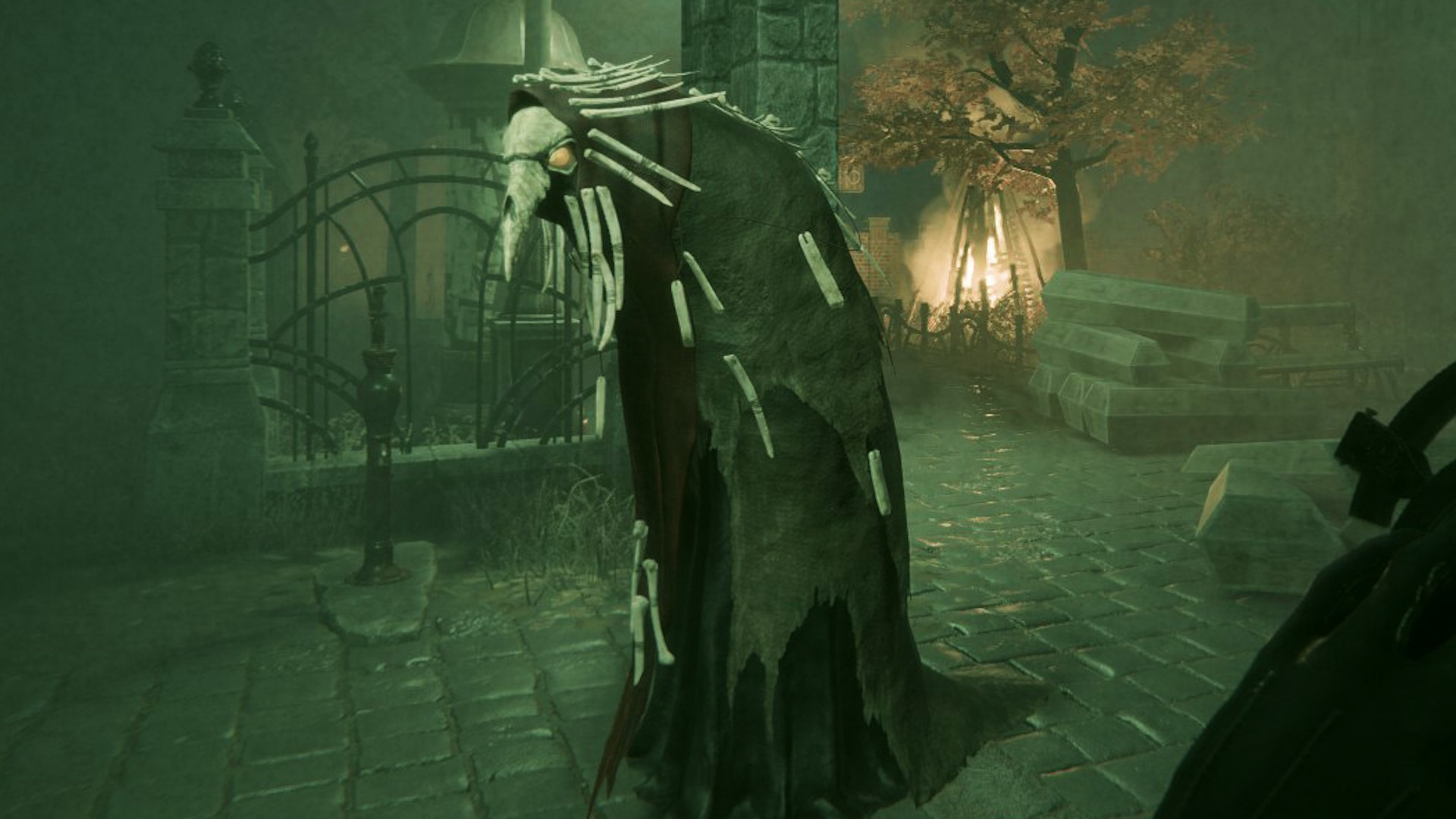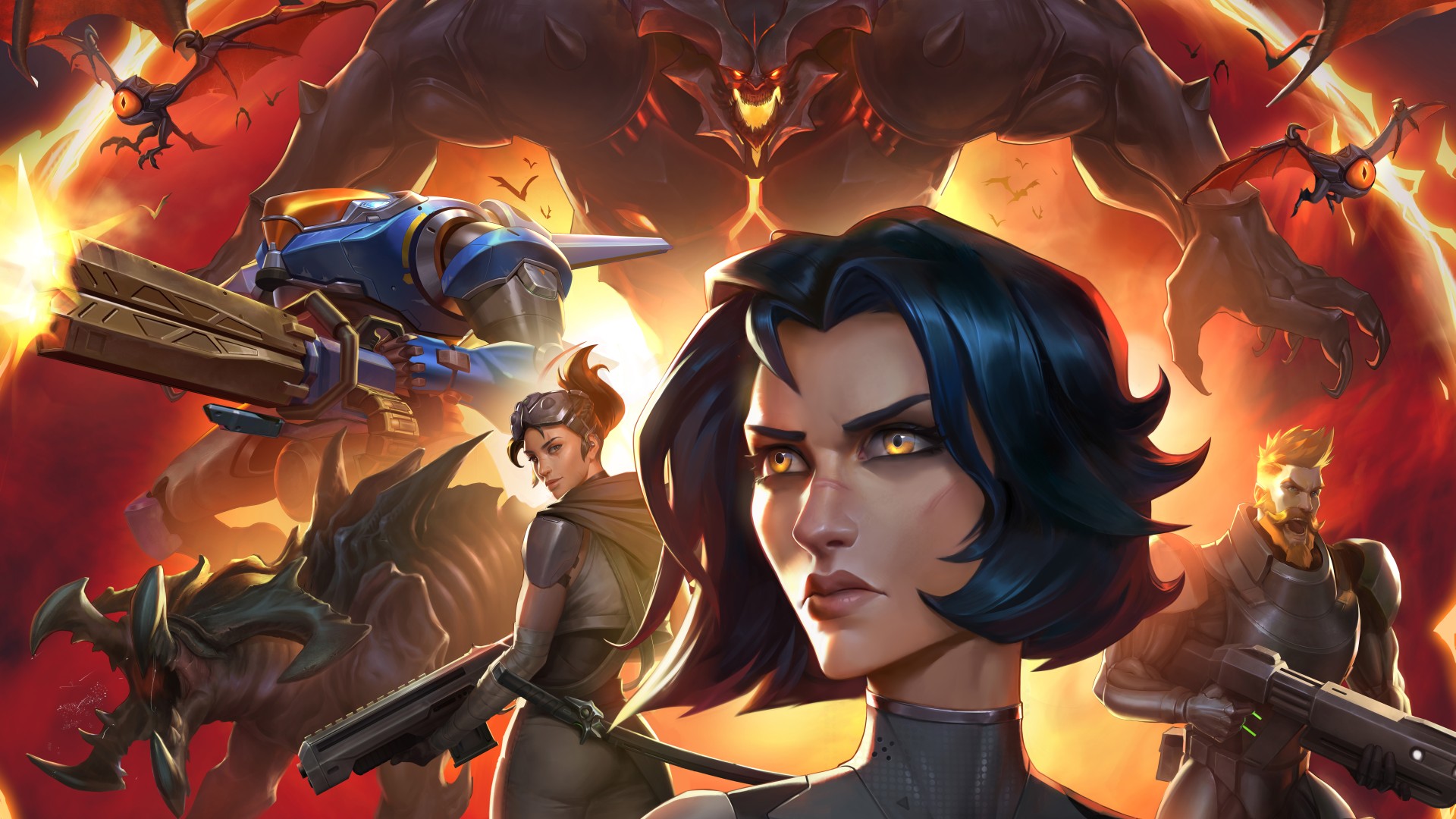
Julian Gough wrote the poem for Markus "Notch" Persson on spec, and says he never technically signed away his rights.
Julian Gough, a novelist who wrote the End Poem for Minecraft, published a long article on Substack describing the experience of creating Minecraft’s “ending,” as well as his reasoning behind releasing the text of the poem under a Creative Commons License.
Explaining the simple mechanics of the move, Gough writes, “I never signed a contract giving Mojang the rights to the End Poem, and so Microsoft (who bought Minecraft from Mojang) also don’t own it… I am dedicating the poem to the public domain.”
As for why, Gough offers a fairly simple reason, one he repeats throughout the piece: “I wrote a story for a friend. But in the end, he didn’t treat me like a friend. And I’m hurt.”
Gough is quick to clarify that this is not a simple drama, with him trying to paint Minecraft creator Markus “Notch” Persson, Mojang, or Microsoft as villains, though Gough does acknowledge Persson “has since gone off the deep end,” a reference to how the Minecraft dev and billionaire has had his name scrubbed from the game over cruel public statements directed toward women and and the LGBTQ community. “It’s sadder and more complicated than that,” Gough writes. “Nobody is the bad guy, which is why it took me so many years to work out what the problem even was; the problem I am finally, I hope, solving today.”
For context, Minecraft’s original Survival mode was updated to include a final boss and victory condition in its 1.0 update. Julian Gough was asked by Persson to write the End Poem, a nine minute scrolling dialogue with the player that appears before the credits. It’s a warm and humanistic bit of writing, and reminds me most of Undertale or Jon Bois’ 17776.
Gough presents the writing of this poem as a deeply personal process, one he undertook on behalf of a friend. The writer then found himself overwhelmed and frustrated by the business side of the affair. To wit, Gough did not approach his conversations with Persson and Mojang Managing Director Carl Manneh as contract negotiations, but rather casual conversations between artists or friends. Gough acknowledges this as a failing on his part, but also grew resentful of what he saw as an attempt to railroad him into an unfavorable contract.
The End Poem went live without Gough’s contract finalized, and the artist says he was paid a flat sum of €20,000 without him signing a final agreement.
A pain point for Gough was his treatment on the eve of Minecraft’s purchase by Microsoft in 2014, when he alleges Persson and Manneh pressured him to sign a non-disclosure agreement, as well as the original contract relinquishing his rights to the poem and not receiving further compensation all in service of cleaning house before the $2.5 billion purchase was finalized.
Crucially, Gough is not asking for more money at this late date in 2022, but rather venting his frustrations over what he saw as a dehumanizing process, one where a person he deemed a friend earned over a billion dollars, while there was never more daylight for a favorable contract for Gough, who today says he struggles to make rent.
“I had given him the ending he wanted but could not write, and his reward for me was trying to trick me into signing a contract I had never agreed to,” Gough writes, “And now he was mad at ME. Ugh. I felt lousy.”
Gough never did sign that contract, though.
It’s unclear what this would entail legally, and Gough is quick to assert he doesn’t want a legal battle with Microsoft. Gough writes that he wishes to “liberate” the poem, and thus himself: “I hereby liberate it from the corporate economy, where it’s been illegally detained since 2014, and place it officially in the gift economy.”
It seems Gough takes no issue with its continued use in Minecraft—there’s no clear demand that Microsoft do anything in particular with it. Rather, this was an act of catharsis related to an artistic work that at least partially contributed to Gough’s former friend earning $1.8 billion, and Gough less than a tenth of one percent of that. Gough shared the raw text of the End Poem, as well as a Creative Commons license to place it in the public domain, after the main body of his Substack post.
Neither Julian Gough nor Microsoft responded to a request for comment in time for publication.
There was nothing illegal or even nonstandard about Gough’s treatment by Persson or Manneh, but this seems to be part of the issue he is driving at: the creative economy and creativity inherently clashing.
Gough’s story has echoes of other recent clashes between the artistic and economic sides of making games, like Disco Elysium’s ousted creators pursuing legal action against the studio’s current owners, composer Mick Gordon’s allegations of unfair treatment by id Software management in the making of Doom Eternal’s soundtrack, or Bayonetta actress Helena Taylor’s manipulation of public opinion in her dispute with Platinum Games.



